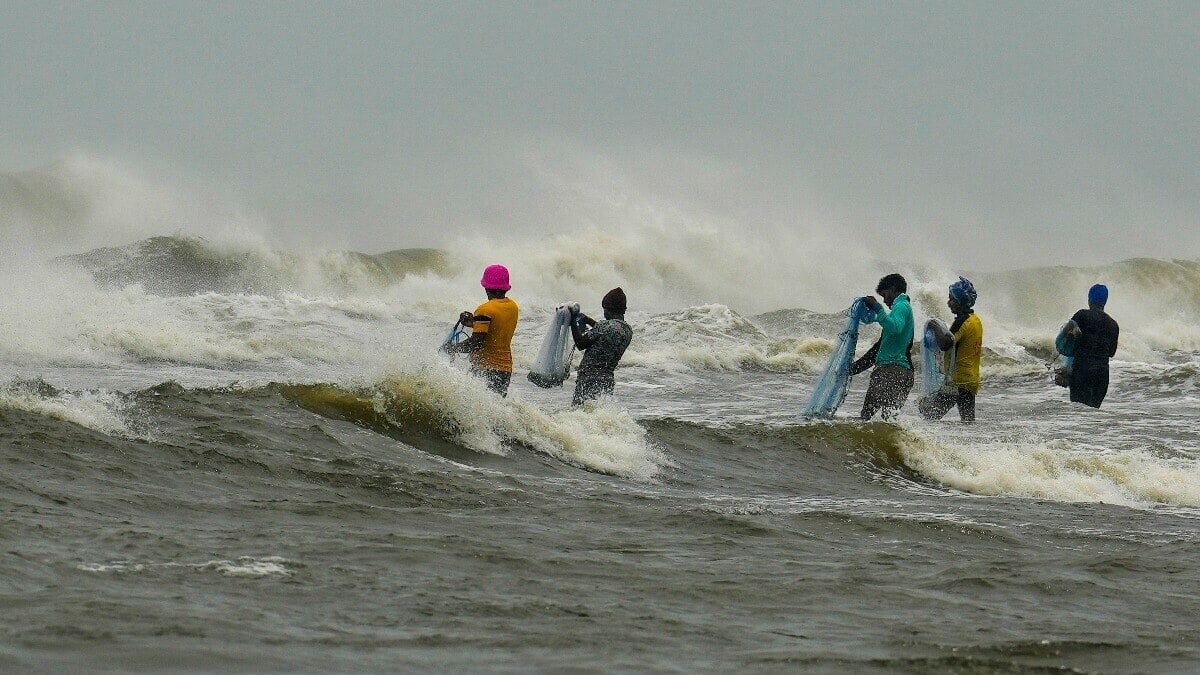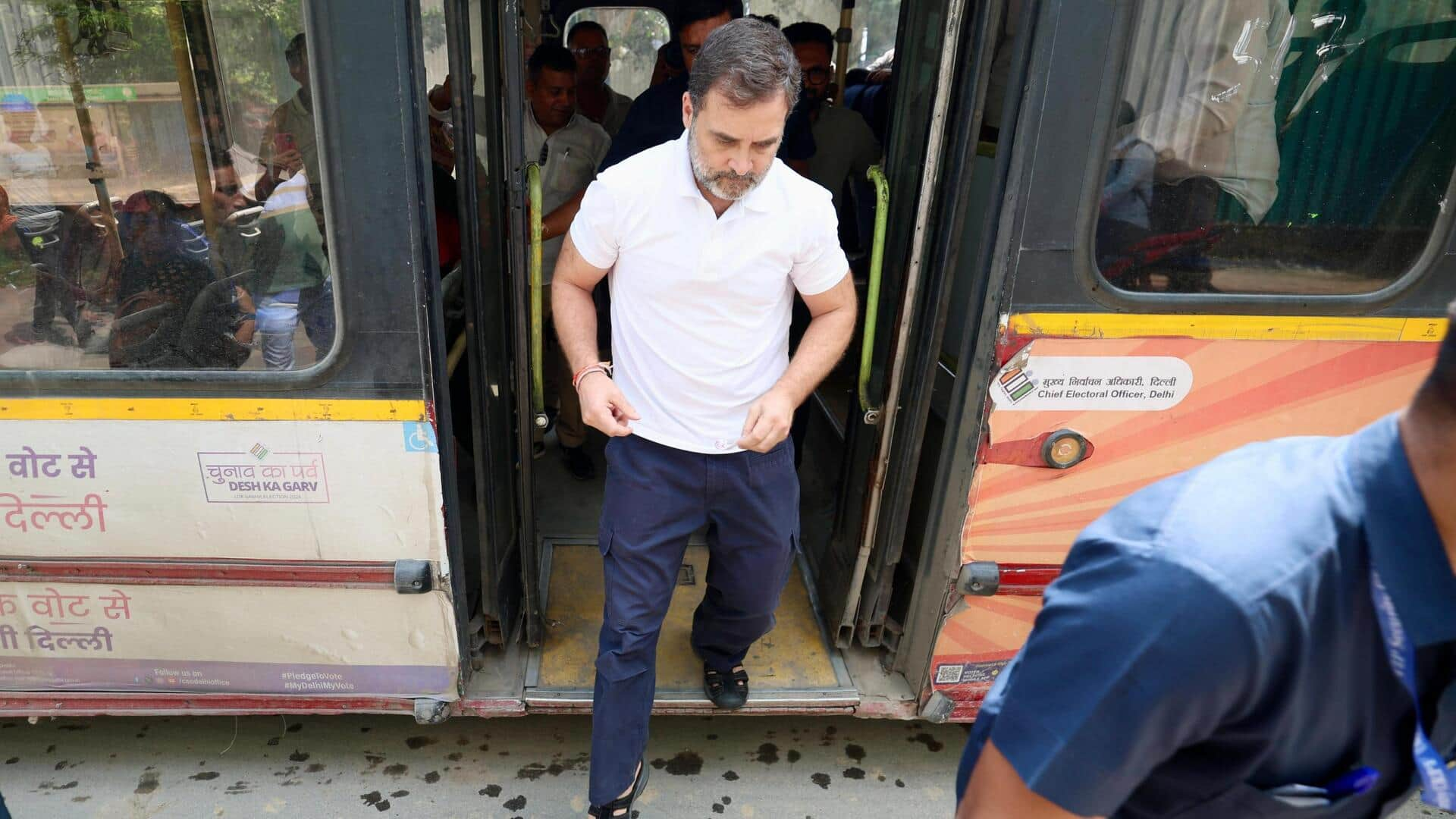
BRITAIN'S first pet cloning clinic has been launched offering owners the chance to almost bring back their beloved animals. But at £40,000 a pop, getting a copy of your favourite cats and dogs comes at a steep price. Cloning pets is illegal in the UK and so specialist scientists must send the DNA to another country for the procedure.
Gemini Genetics will take a genetic sample of your animal and send it to the US where the cloning process can legally happen. Scientists implant the DNA into an embryo and then place it inside a mother animal that is used as a host. The Shropshire-based lab collects DNA samples from around 1,000 pets each year charging them £40,000 for a cat or dog.

But to clone a horse costs a whopping £65,000. Lucy Morgan, Laboratory Manager at Gemini Genetics, told ITV : "Once your pet has passed away, you have five days in which you need to get the DNA preserved for cloning. The scientists take a donor egg cell, remove the nucleus (which contains the DNA), and implant a cell from the pet to be cloned.
They then zap it with an electrical impulse to make the cell begin to multiply. The host animal then gives birth the the DNA-twin of the original pet. Lucy said: "They’re going to be genetic twins, they’re going to have the exact DNA as the original, but environment can influence every living thing whether that be plant, human or animal.
Lucy said that while some people might see the practice as controversial, she says there are a range of views. She said: "In the human sphere people use IVF to conceive a baby and this [cloning] is really just another form of assisted reproduction." ReportMines, which recently released a sample report analyzing the animal cloning market, said the pandemic jump started the market.
By 2028, it's expected to be worth multiple millions, according to ReportMines' report. Cloning pets is relatively new and very controversial. Animal cloning technology has advanced since Dolly the sheep was cloned in 1996.
Companies like US firm ViaGen are working with the US Fish and Wildlife Service, to successfully save endangered species. One animal they have been able to clone is a black-footed ferret, an endangered species with only about 300 left in the wild. The animal cloning leader is also working with the San Diego Zoo to clone the Przewalski Horse, an endangered species with about 1,900 left in the wild and captivity.
" A spokesperson said: "Zoos have frozen genetic zoos. They were forward-thinking in that way. But now the technology exists to clone and save a species.
".










